Non-native fish can help control the spread of mosquito-borne diseases. The public and many governments have supported this method of making a dent in mosquito populations. But this strategy is still questionable to many people because of the many risks involved. Despite the contradictions, releasing non-native fish can be beneficial in many ideal areas.
Fish Vs Mosquitoes
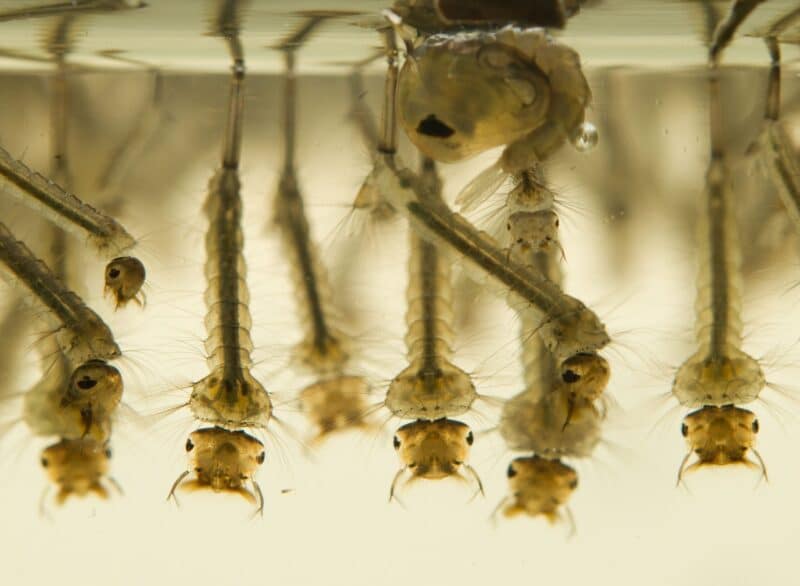
Experts came up with a specific fish species that eats mosquito larvae. The Poeciliidae species or guppy are known for this habit. These fish are live-bearing as well. The species preyed on mosquito larvae. Using non-native fish is an inexpensive and easy way to control mosquito populations. It is also a safer method than using insecticides and ovitraps. Other non-native fish are goldfish, Siamese fighting fish, and tilapias.
The Need for Non-Native Fish Mosquito Control
Neurological disorders associated with mosquito-borne diseases like Zika activated a public health emergency on an international level. Mosquito-borne diseases infect about 700 million individuals and take the lives of over a million people each year. That is why eradicating the mosquitoes that carry these diseases is important. Proposals to eliminate them continue to heighten in many countries.
On Using Non-Native Fish
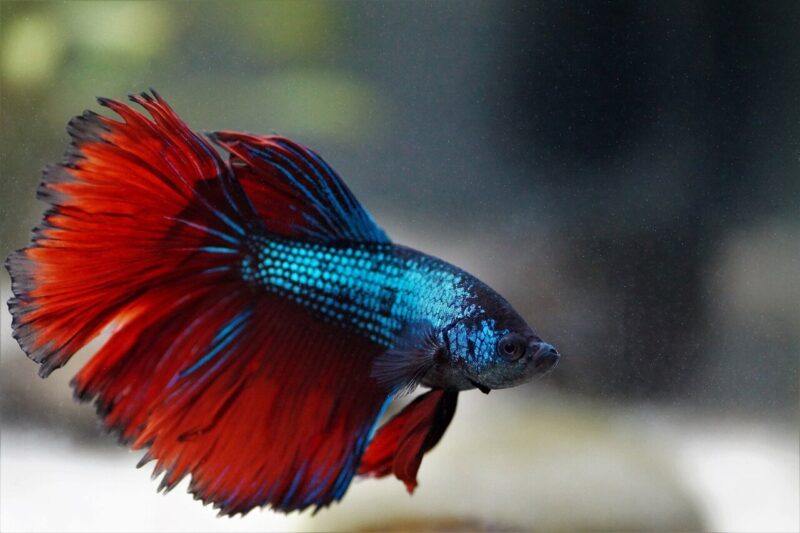
Guppies or poeciliids are commonly used in biological control programs. Media have reported that these fish can consume large numbers of mosquito larvae. But this strategy is not applicable to areas with mosquito larvae thriving in artificial containers or tree holes. These small environments cannot contain larvivorous fish. That is why many people think that fish stocking is a limited technique.
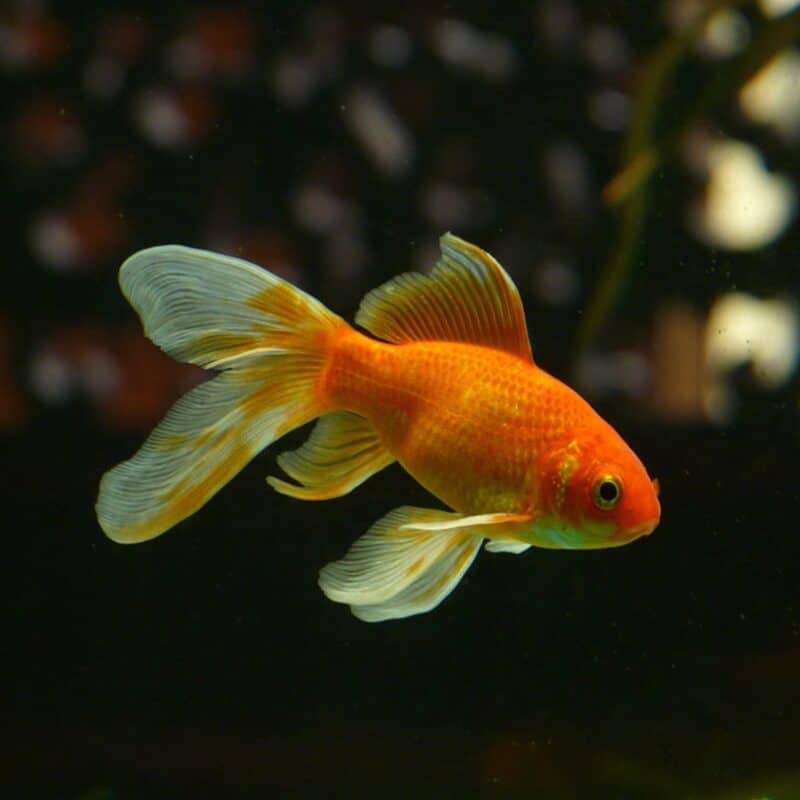
Mosquito experts say that adult females can be selective in choosing egg-laying sites. Studies show that they rely on chemical cues to avoid waters that contain predators like fish. So, releasing fish may not cover the range used by mosquitoes for releasing eggs. They may just select more hidden or less obvious spaces for breeding. Some non-native fish may even eat other insects that can reduce the competition for mosquitoes.
In Oregon, an increase in the number of non-native fish is becoming problematic. Releasing the western mosquitofish and the guppy is an illegal method if done in a public waterway. If you want to have them on your property, you need to have a permit. Releasing these fish in our backyard pond can cause problems if the pond overflows when it rains.
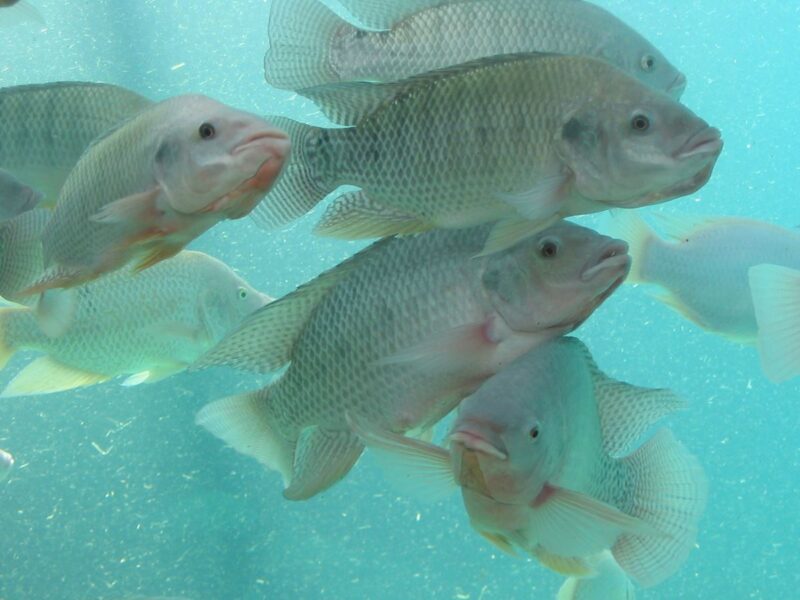
These fish species tend to eat more than mosquito larvae. They also eat native fish, invertebrates, zooplankton, and amphibians. Zooplankton consume algae that tend to accumulate in the fish pond over time. If these fish eat zooplankton, the water will not be good for the water’s helpful organisms including the fish. Algal blooms can also cause harm to the surrounding organisms in the area.
Controlling Mosquito Populations in Your Property
If you have a pond and you want to place non-native fish there, see if you need a permit to do so. Make sure your pond has high walls to prevent the fish from escaping when it rains too much. You can also install overflow drains to keep the water at a certain level in your pond.

Perform a daily clean-up ritual around your home to prevent stagnant water from forming. Pour out collecting water in empty vessels like pots and old tires. Clean and replace the water in your bird baths and troughs. Don’t forget to clean your gutters all the time.
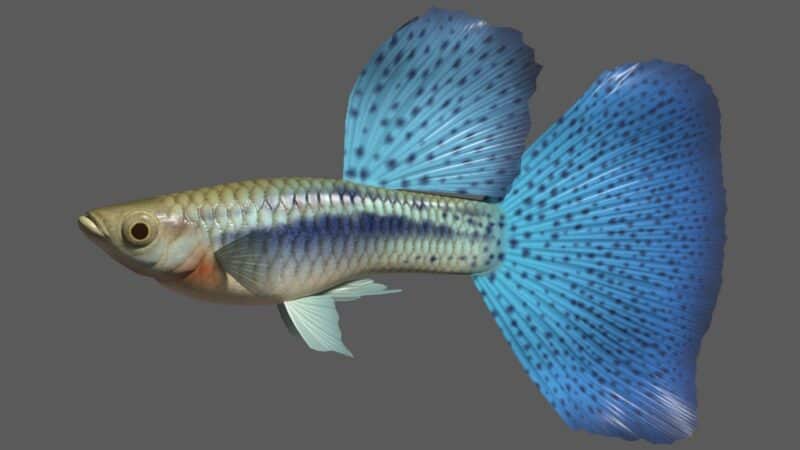
Using non-native fish can be good for suitable areas, but ineffective in other areas. Such places are your private yard. These fish can even eliminate helpful zooplankton that eat algae. They also eat helpful insects and amphibians that eat mosquitoes as well. Do your part in keeping your space mosquito-free apart from using non-native fish.